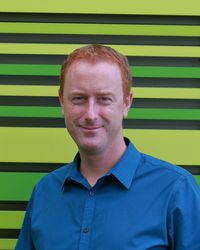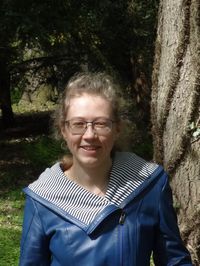Members
Contact
Head of division
Map and Directions
Department of Medical Physics and Acoustics
Küpkersweg 74
D-26111 Oldenburg
Members
Section for Physiology and Modeling of auditory Perception
Head
Prof. Dr. Mathias Dietz
 |
+49 441 798 - 3832 W30-1-106 |
Mathias is studying how sound input to the left and right ear interacts in the brain. A main goal is to account for human perception in both normal and impaired hearing, using physiologically plausible computer simulations. We use our knowledge from basic research for improving signal processing and fitting of cochlear implants and hearing aids.
Postdocs
Mohammad Dehghani
 | mohammad.dehghani@uni-oldenburg.de +49 441 798 - 3588 W30-1-107 |
Mohammad applies his background in theoretical physics and computational neuroscience to research the physics of hearing. His current investigations focus on inferring binaural processing mechanisms from training deep neural networks and studying the artificial network architechture.
Ph.D. Students
Rebecca Felsheim
 | rebecca.felsheim@uni-oldenburg.de +49 441 798 - 3588 W30-1-107 |
Rebecca is a Ph.D. student with a background in Biomedical Engineering and Advanced Signal Processing and Communications Engineering. She is developing a fast deterministic model of auditory nerve fibers stimulated by cochlear Implant electrodes. She is also involved in fitting the latency of patients with a cochlear implant on one and a hearing aid on the other ear.
Niklas Isserstedt
 | niklas.isserstedt@uni-oldenburg.de +49 441 798 - 3588 W30-1-107 |
Niklas is a Ph.D. student with a Master in Physics Technology and Medicine. He is working on model-based and theory-based diagnostic measures - for both conventional in-person testing and for online testing.
